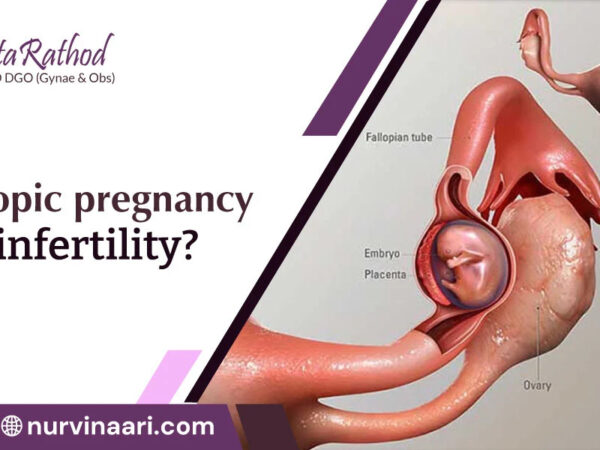According to a Gynaecologist in Hiranandani Hospital, There are many potential complications that can occur during pregnancy, some of which can be serious and require medical attention. Here are five common complications that can occur during pregnancy:
1. Gestational Diabetes: Gestational diabetes is a type of diabetes that occurs during pregnancy. It is caused by hormonal changes that make it difficult for the body to use insulin effectively. This can result in high blood sugar levels, which can lead to complications for both the mother and the baby. Women who are overweight, have a family history of diabetes, or are over the age of 35 are at a higher risk of developing gestational diabetes. If left untreated, gestational diabetes can lead to complications such as preeclampsia, preterm delivery, and a large birth weight baby.
2. Preeclampsia: Preeclampsia is a condition that can occur during pregnancy, typically after the 20th week. It is characterized by high blood pressure and protein in the urine, and it can be a serious complication for both the mother and the baby. Women with preeclampsia may experience symptoms such as headaches, swelling, and vision changes. If left untreated, preeclampsia can lead to complications such as placental abruption, preterm delivery, and fetal growth restriction.
“ Also Read: 6 IMPORTANT WAYS TO STAY HEALTHY DURING PREGNANCY
3. Preterm Labor: Preterm labor is when labor begins before 37 weeks of pregnancy. This can result in premature delivery, which can lead to a range of complications for the baby, including breathing problems, infections, and developmental delays. Women who have a history of preterm labor or who are carrying multiples are at a higher risk of experiencing preterm labor. Treatment for preterm labor may include medications to stop contractions or bed rest.
4. Placenta Previa: Placenta previa is a condition where the placenta is located low in the uterus and partially or completely covers the cervix. This can cause bleeding during pregnancy and can increase the risk of complications such as preterm delivery and fetal growth restriction. Women who have had a previous cesarean section or who have uterine scarring are at a higher risk of developing placenta previa. Treatment for placenta previa may include bed rest, medications to prevent preterm labor, and delivery by cesarean section.
5. Miscarriage: Miscarriage is the loss of a pregnancy before the 20th week. It is estimated that up to 20% of all pregnancies end in miscarriage. Miscarriage can be caused by a variety of factors, including chromosomal abnormalities, hormonal imbalances, and certain medical conditions such as diabetes or thyroid disease. Women who experience symptoms such as vaginal bleeding or cramping during pregnancy should contact their healthcare provider immediately. Treatment for miscarriage may include monitoring and observation, medication to help pass the pregnancy tissue, or surgery.
In summary, there are many potential complications that can occur during pregnancy, some of which can be serious and require medical attention. According to a Gynaecologist in Vartak Nagar, Thane, it is important for women to receive regular prenatal care and to report any unusual symptoms or concerns to their healthcare provider. Early detection and treatment of pregnancy complications can help reduce the risk of adverse outcomes for both the mother and the baby.
Also Read : Why Do My Feet Itch During Pregnancy?
Important Things To Know About Ectopic Pregnancy In The First Trimester


